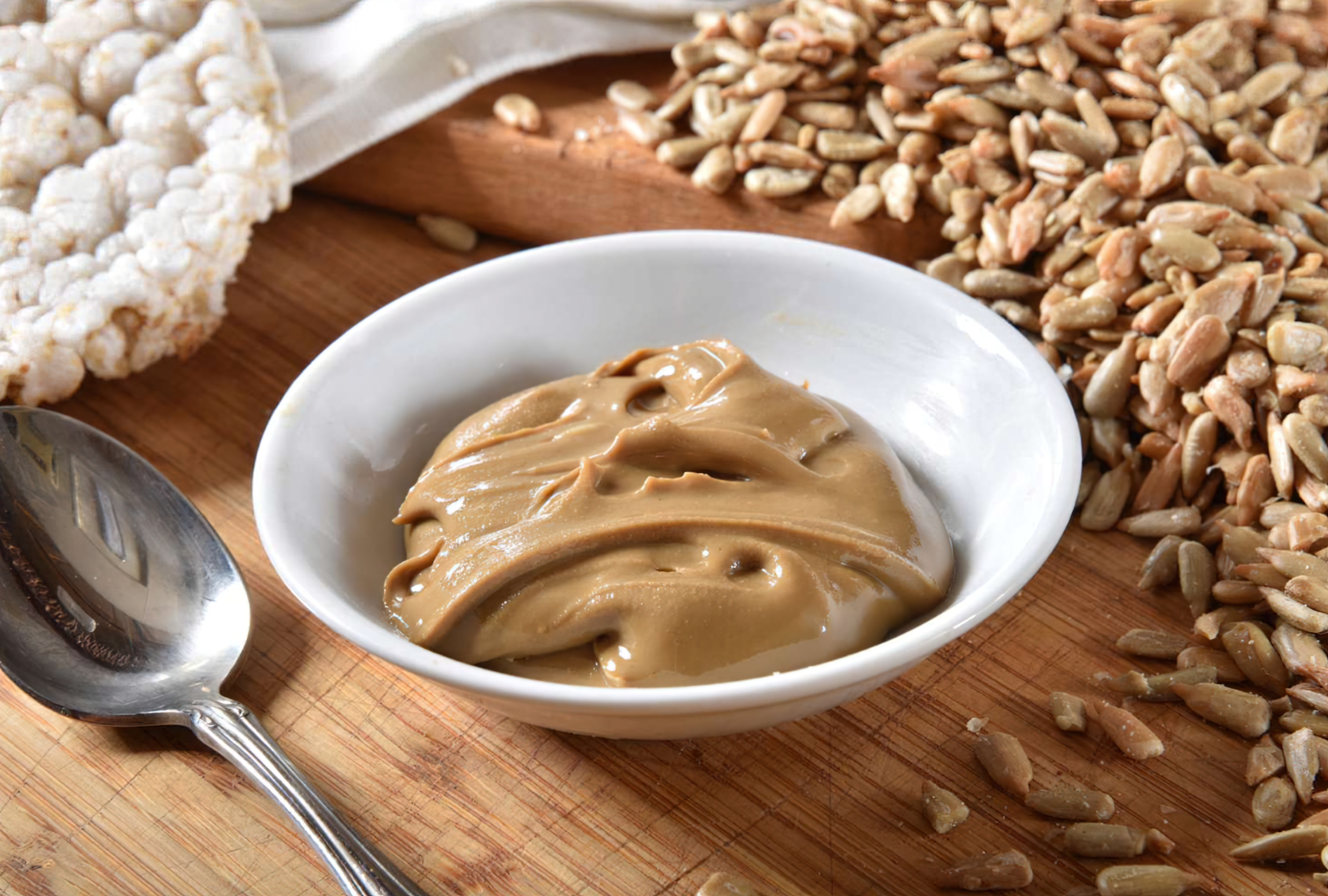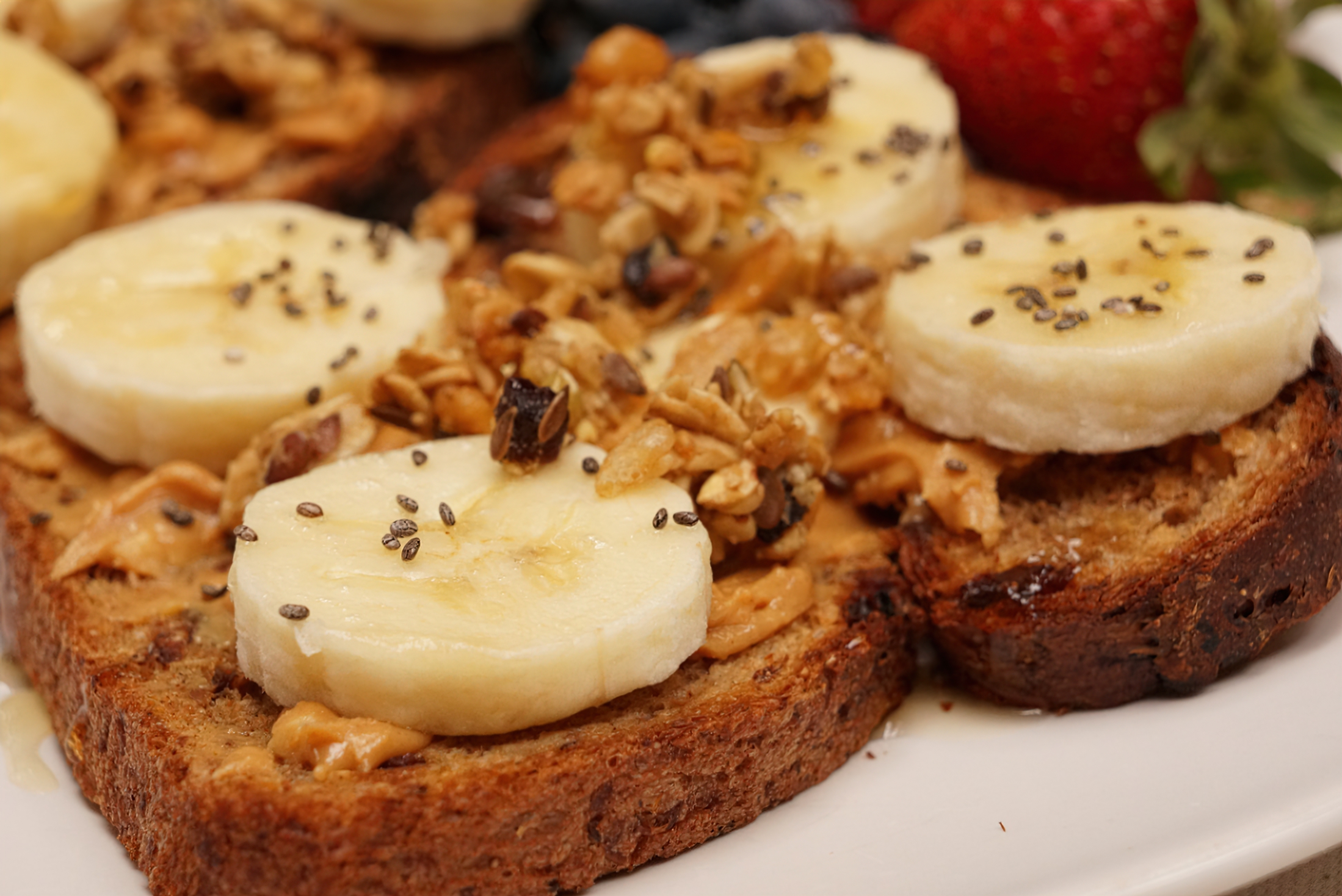As athletes, our bodies are our most important tools. We obsess over macros, hydration, and the latest superfoods, often overlooking the humble micronutrient, copper. Here, we delve into the pivotal role of copper in sports nutrition.
Copper and Athletic Performance
Copper, a trace mineral, plays a crucial role in several bodily functions. These include energy production, iron metabolism, and the protection of cells from oxidative stress — a crucial factor in exercise recovery. Also, copper contributes to the normal function of the nervous and immune systems, both paramount for athletes’ overall health and performance.
Take note, a deficiency can lead to fatigue, a weakened immune system, and poor performance. Here are some copper-rich foods to incorporate into your diet:
- Whole Grains: Whole grains are a fantastic source of copper, with just one cup of cooked quinoa providing 30% of your daily needs.
- Shellfish: Oysters and lobster are not just delicacies. They’re also excellent sources of copper.
- Nuts and Seeds: Sunflower seeds, almonds, and cashews pack a considerable copper punch.
Cooking Up Copper: 3 Tasty Recipes for Athletes
To make sure you’re getting enough copper in your diet, here are three delicious, copper-rich recipes perfect for athletes.
1. Quinoa Salad with Roasted Vegetables
Ingredients: 1 cup quinoa, 2 cups water, assorted vegetables (peppers, zucchini, eggplant), olive oil, salt, pepper.
Preparation:
- Preheat your oven to 400 degrees.
- Toss your chosen veggies in olive oil, salt, and pepper, then roast until tender.
- While veggies are roasting, bring 2 cups of water to a boil. Add quinoa, cover, and reduce to simmer for 15 minutes.
- Mix veggies and quinoa together, serve warm or cold.
2. Oyster Stir Fry
Ingredients: 6 oysters, mixed vegetables (carrots, snow peas, broccoli), 2 tbsp soy sauce, 1 tsp sesame oil, garlic, ginger.
Preparation:
- Shuck oysters, save the liquid.
- Stir-fry veggies in sesame oil, adding in minced garlic and ginger.
- Add in oysters and their liquid, stir in soy sauce.
- Cook until oysters are done, about 3-5 minutes.
3. Sunflower Seed Butter & Fruit Toast
Ingredients: 2 tbsp sunflower seed butter, whole grain bread, fresh berries.
Preparation:
- Toast your bread to desired level.
- Spread sunflower seed butter evenly on the toast.
- Top with your choice of fresh berries.
Understanding Copper Intake
While it’s important to get enough copper, it’s also crucial not to get too much. Like any mineral, balance is key. Excess copper can lead to oxidative stress and gastrointestinal issues, among other health problems. Adults should aim for a daily copper intake of about 900 micrograms.
Remember, eating a variety of foods is the best way to ensure a balanced intake of all necessary nutrients. Your copper needs can easily be met with a balanced diet. However, if you’re concerned about your copper intake, it’s always wise to consult a healthcare professional or a nutritionist.
Absorption and Bioavailability
Copper absorption can be affected by other dietary factors. For instance, high intakes of iron, zinc, or vitamin C can reduce copper absorption. The type of food can also affect copper bioavailability. Copper in animal-based foods is often more easily absorbed than copper in plant-based foods.
Copper Supplementation: Yay or Nay?
While copper supplements are available, they should only be taken under medical supervision. It’s much better — and safer — to get copper from a variety of food sources. Moreover, consuming copper in food also gives you other essential nutrients.
Supplements are typically only recommended for those with a diagnosed deficiency. Excess copper can lead to serious health complications, so self-supplementing without medical advice is strongly discouraged.
To Wrap It Up
There’s no doubt that copper plays a vital role in sports nutrition. It aids in energy production, immune function, and nervous system health — all of which are crucial for athletic performance.
So, start exploring copper-rich foods and add them to your diet. Remember, achieving nutritional balance isn’t just about the major players like proteins, carbs, and fats. Trace elements like copper are the unsung heroes that keep your body performing at its best.
Fuel your body wisely, listen to its needs, and you’ll be on your way to achieving your athletic goals. Copper might just be the missing link in your sports nutrition plan. And with these tips and recipes, you’ll be well on your way to giving your body the copper it needs to thrive.